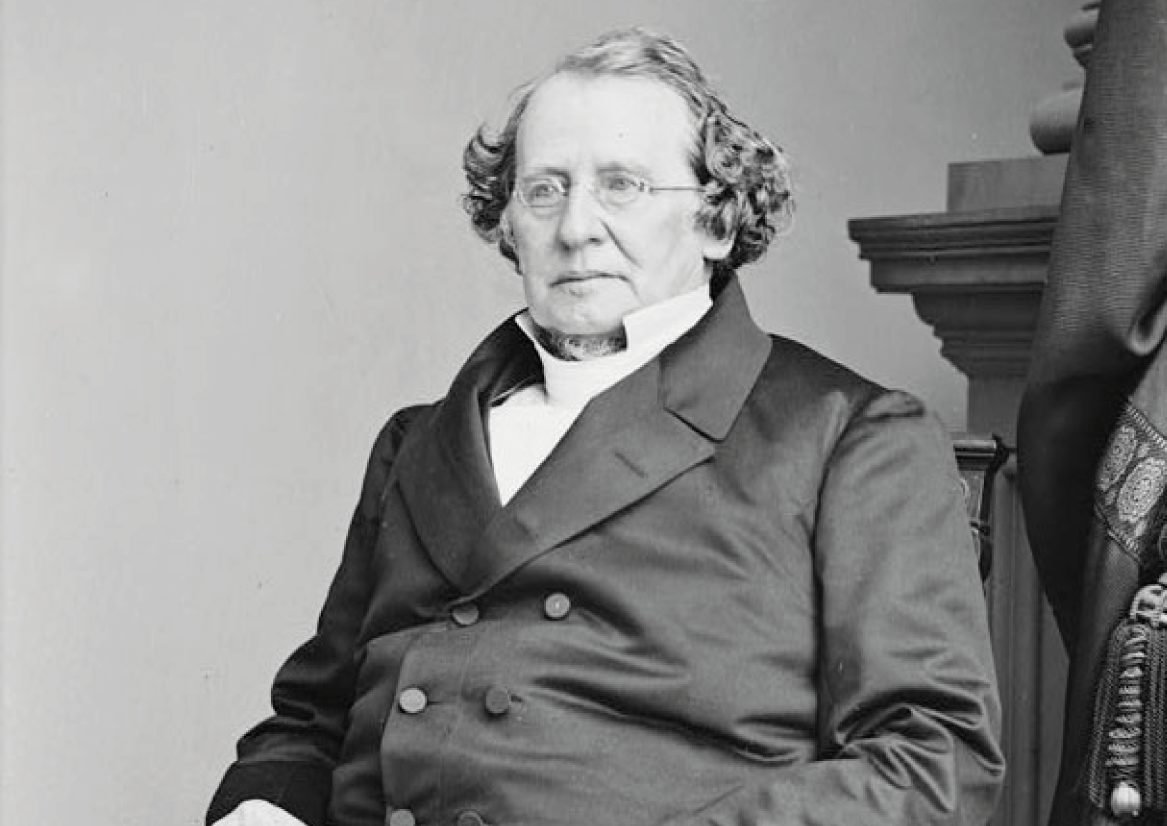The Life of Reformed Theologian
Charles Hodge (1797-1878) was born in Philadelphia, Pennsylvania. He studied at Princeton College in 1815. He also attended Princeton’s Seminary 1819. While at Princeton he attended a revival and was converted. He was a faithful disciple of Archibald Alexander
He passed on his tradition of defending Reformed orthodoxy by combining Calvinist theology, with evangelical piety, with Scottish Common-Sense Philosophy.
Because of his lack of knowledge of contemporary theological scholarship, he left after four years of teaching biblical literature at Princeton Seminary 1822-1826. From 1826-1828, he studied in German institutions. While studying in Europe he experienced some remnants of Pietism at Halle, post – Kantian philosophy.
Theological Guidance in Higher Education and Local Churches
He later returned to Princeton being equipped intellectually and morally prepared to defend orthodoxy and preserve piety with his theology and contend against theological innovation and consequences.
Charles Hodge became one of the central figures in one of the most prestigious graduate schools in the country. Especially in a culture where theological ideas influenced the American culture.
Under his leadership, the Biblical Repertory, which was later renamed the Princeton Review, was a respected theological journal. It was known for its strong support for Old School Calvinism. He aggressively promoted the Princeton position on prominent national and denominational events as the Presbyterian schism of 1837 and subsequent reunion in 1868.
He contributed insightful and intellectual comments on European and domestic theological discussions. During a time when the theological culture was shifting toward Arminian, he defended an authoritative Bible and Reformed perspective of its teaching.
The 19th century Most Significant American Theologian
Nathaniel W. Taylor’s New Haven Theology of moral government was defended by Charles Hodge, he addressed the corporate solidarity of the human race, human inability apart from grace, and Christ’s substitutionary atonement.
He was a strong advocate for religious experience founded on objective Calvinist theology.
His publications included commentaries of Ephesians (1856), Romans 1836, 1and 2 Corinthians 1859 and 1857, What is Darwinism, The Way of Life 1841, a Layman’s theology for American Sunday School, three-volume Systematic theology 1872-1873.
As a prominent Presbyterian theologian of the nineteenth century, he trained more than two thousand students in Princeton theology from 1822-1878.
